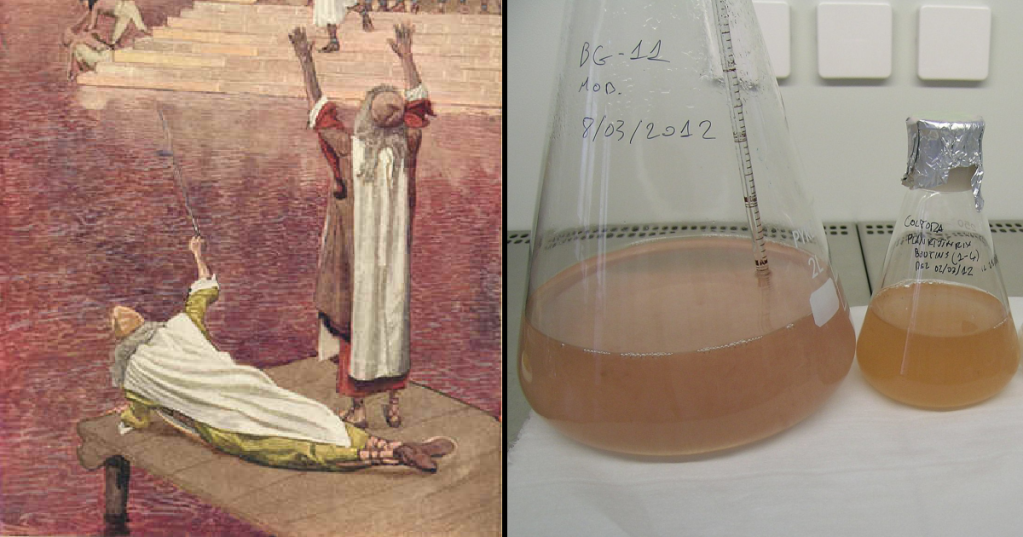There is a lot of philosophical debate on the Bible, and whether or not the stories in it are really real, or just meant to illustrate lessons meant to guide a religion and the people who follow it.
When talking about the Old Testament, and the fantastical plagues, specifically, scientists and historians have always theorized that there could be scientific explanations for what people experienced and handed down through story.
If we take a look at this one in detail, you’ll start to see what they mean.
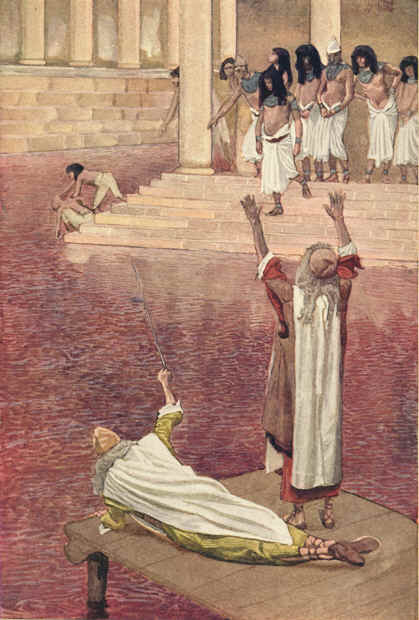
Image Credit: Public Domain
So, what could have made the Nile “run red with blood?”
There’s actually another legend around the Nile turning a red color that pre-dates the one told in the Bible (and the book altogether). It’s a tale of Sekhmet, a bloodthirsty Egyptian goddess who thought all humanity was good for was a nice meal.
In order to thwart her, Ra turned some beer red and poured it all into the Nile, and when Sekhmet drank it thinking it was blood and then passed out, she woke up all but having forgotten her thirst for humans.
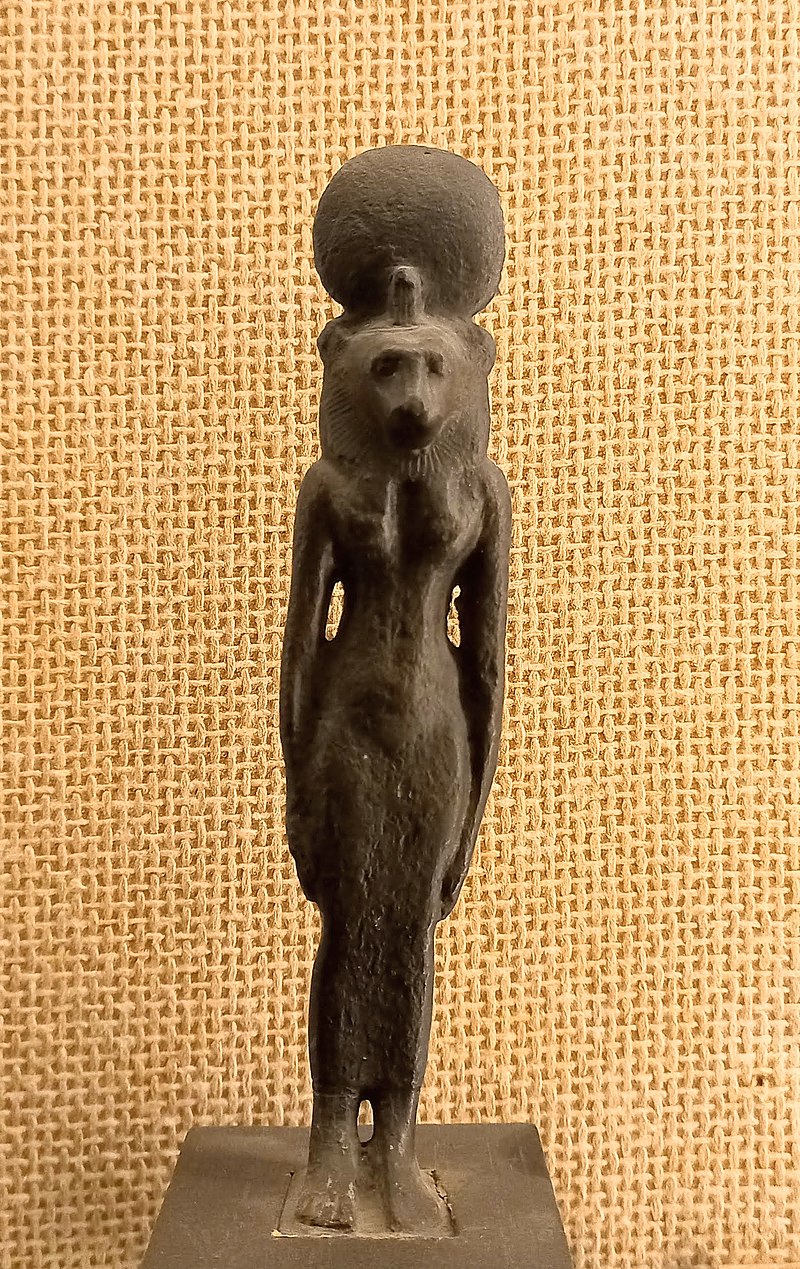
Image Credit: Creative Commons
It we assume that’s not what really happened – and that it didn’t actually run with blood in the Biblical account, either, what could have turned the water in the mighty river a crimson hue?
Experts think one good possibility is the Burgandy-blood phenomenon.
Greta Hort proposed in the 1950s that the climate of the capital city Pi-Ramesses began to change from wet and tropical to more desert-like sometime during the reign of Ramesses II (1303-1213BCE).
She suggested that, as the Nile slowed down and began muddier, it began to grow flagellates (algae) that were able to then thrive.
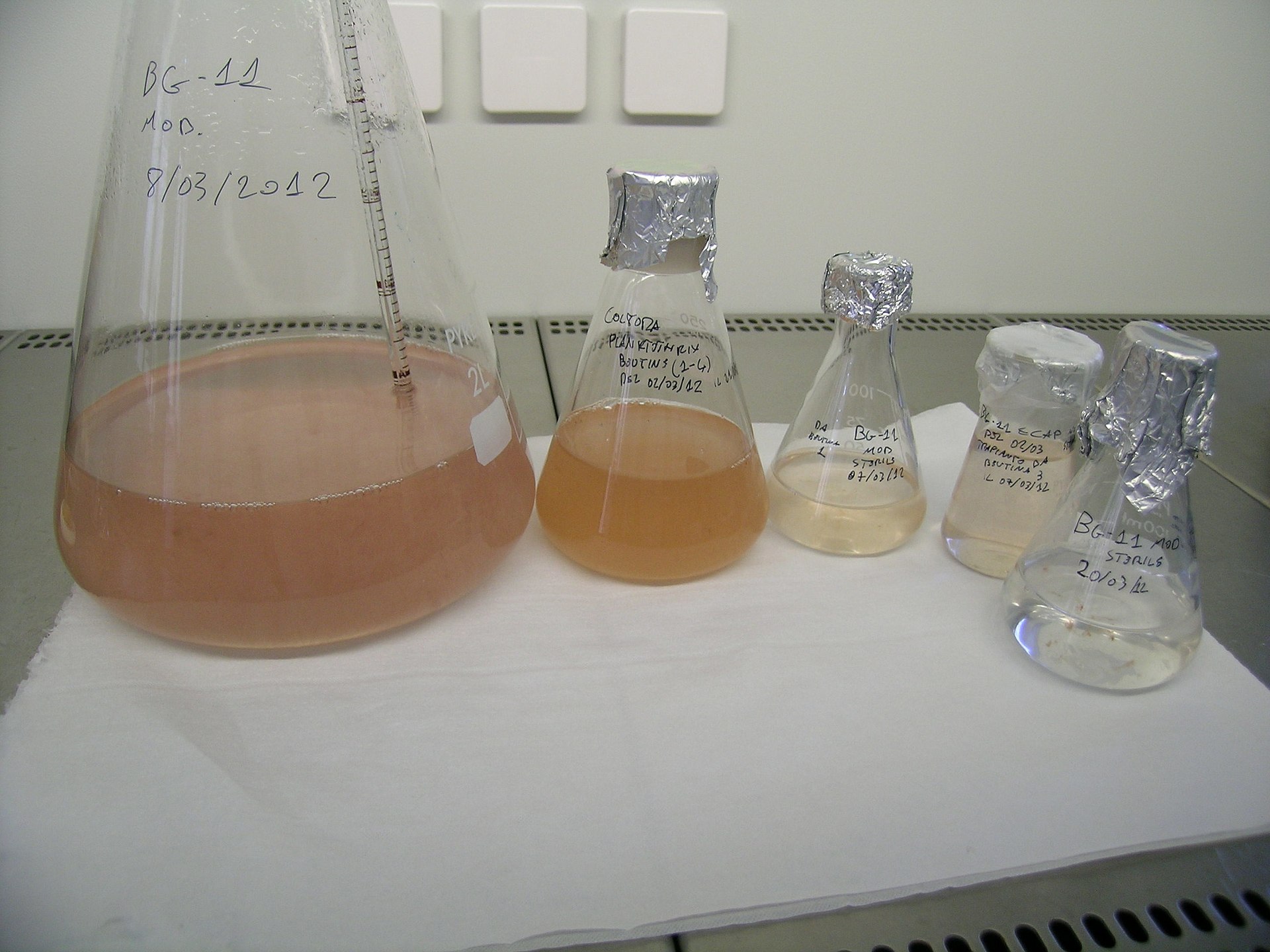
Image Credit: Creative Commons
Not only could these algae turn the water blood-red, but they are also toxic and smelly, which would account for a stink and a bunch of dead fish.
Stephan Pflugmache, a fellow biologist from Germany, believes the same Burgandy Blood algae could explain more of the plagues, too. It could have forced frogs to leave the river in order to survive, and when they were gone, insects flourished in their absence.
An increase in pests could have let to the diseases that killed livestock and created boils, as well.
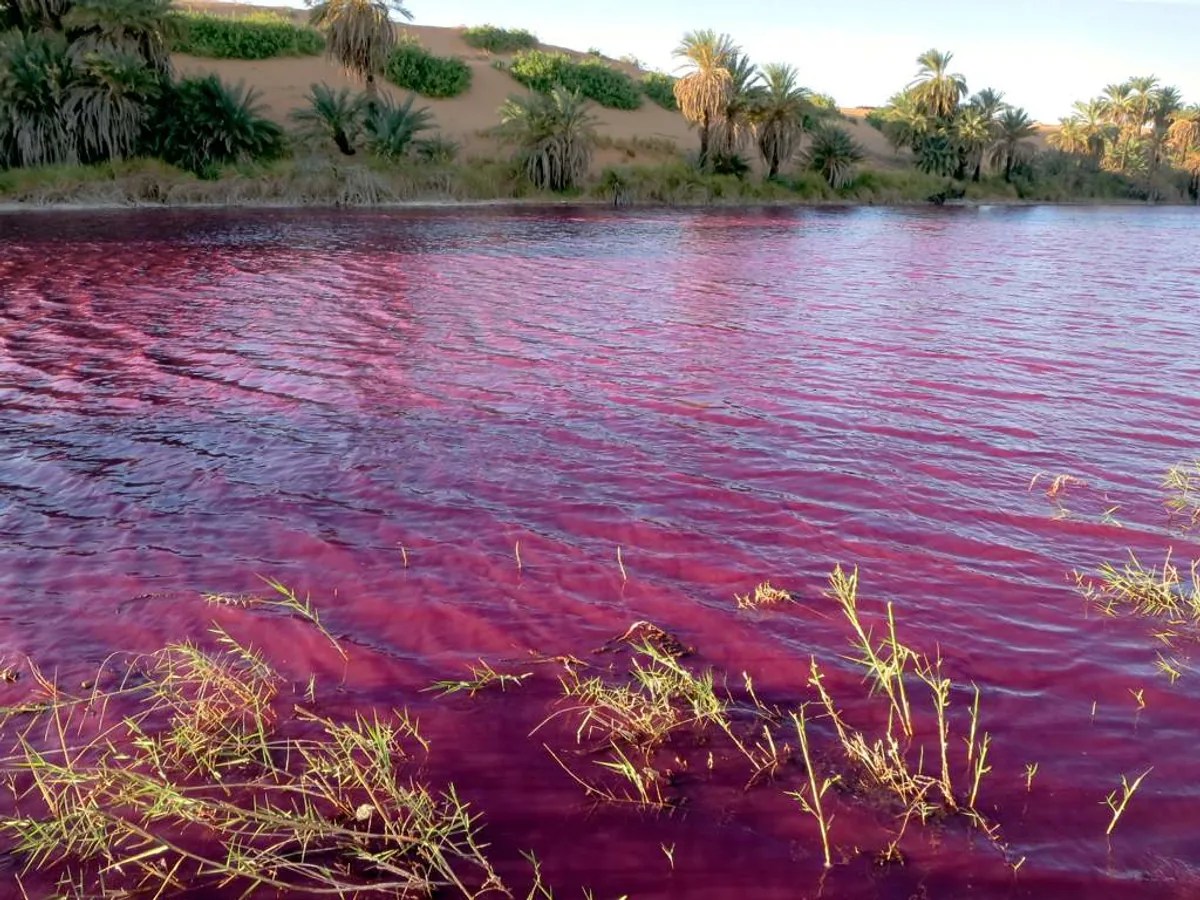
Image Credit: David Stanley/Flickr
It’s not quite as mystical or magical as believing they rained down from the heavens, but there is a convincing case to be made that an overgrowth of algae is to blame for all of it.
What do you think? Let us know if you believe it in the comments!

